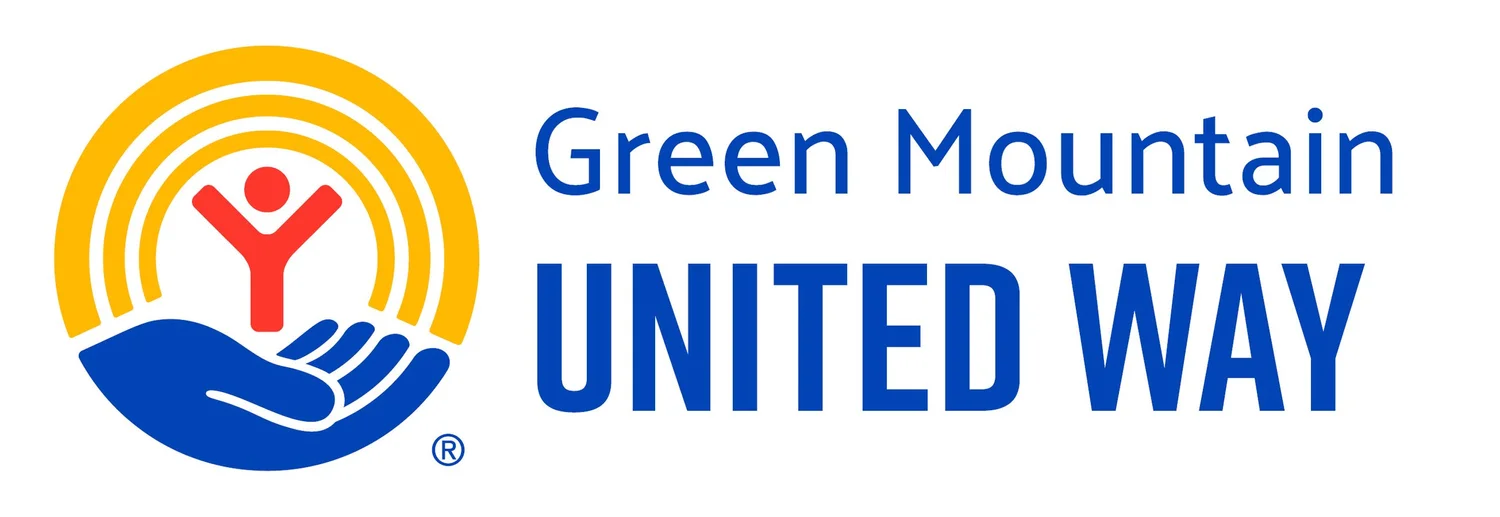2023 Vermont Flood Disaster Relief
This week has continually reminded me of the Mr. Rogers quote many of us have heard before. When something bad happened, his mother used to tell him: “Look for the helpers.” Our communities are full of helpers.
And yet, there is still so much to do. Volunteers are needed in many communities as well as meals and equipment. What we are seeing is that the need is very specific in each town, and each town has a different list of asks; it is also rapidly changing, almost hour to hour.
We are so grateful to be in a community of helpers, and we want to make sure all of that love and assistance is directed in the best way possible. Here are some tips:
How to [Really] Help:
Ask what is needed. The response has been different in each community, and each community has different needs. Take a moment to find out what they are. At this time, each community has a point person(s) who is keeping an up-to-the-minute list of needs, and this is changing rapidly each day.
Listen to the response. Our instincts are sometimes to rush in with what we think is best, but that can create unintended challenges for communities, businesses, and people who don’t have the capacity to receive, store, or distribute what you are offering. Listening to the recipient means we direct the best assistance in the best way possible.
Be patient and understanding. Know that your offers for help are always appreciated, and the love is felt, but that people are operating in states of extreme strain and scarcity of resources, including time and energy. They may not respond right away. They may be grumpy when they do. Give extra compassion in all communications at this time, and be willing to wait for answers if needed. Sometimes the best thing we can do is sit and wait for the right moment.
A special note about rural communities: GMUW immediately recognized a gap in resources and support going to rural communities, and we have been working hard to make connections for these communities, for everything from bleach and dehumidifiers to meals and volunteers. When working with our rural communities, it is important to remember that many disaster response coordinators are part-time, retired, and often without cell service and email connection. In person and by landline telephone have been important modes of communication. These conversations take longer, but ultimately are the most effective way to communicate with places like Hardwick, Marshfield, Plainfield, Cabot, Woodbury, and the Northeast Kingdom.
With these above tips, we can be sure we are helping in the right ways. And this, friends, is how we #LiveUnited.
Here are a few more ways to help:
Donate: Green Mountain United Way’s disaster relief fund is getting support into the hands of people who need it most. Donate here.
Register to volunteer: SerVermont is in close cooperation with community relief efforts so that they can deploy people where they are most needed. Sign up at www.vermont.gov/volunteer
Mental health support: Immediately behind critical needs for food, water, cleanup, and housing is the need for mental health support. Share these numbers widely:
Washington County Mental Health Services crisis line: 802-229-0591
Caledonia and Northeast Kingdom mental health line: 802-748-3181
Vermont Department of Health mental health line (statewide): Dial 9-8-8
